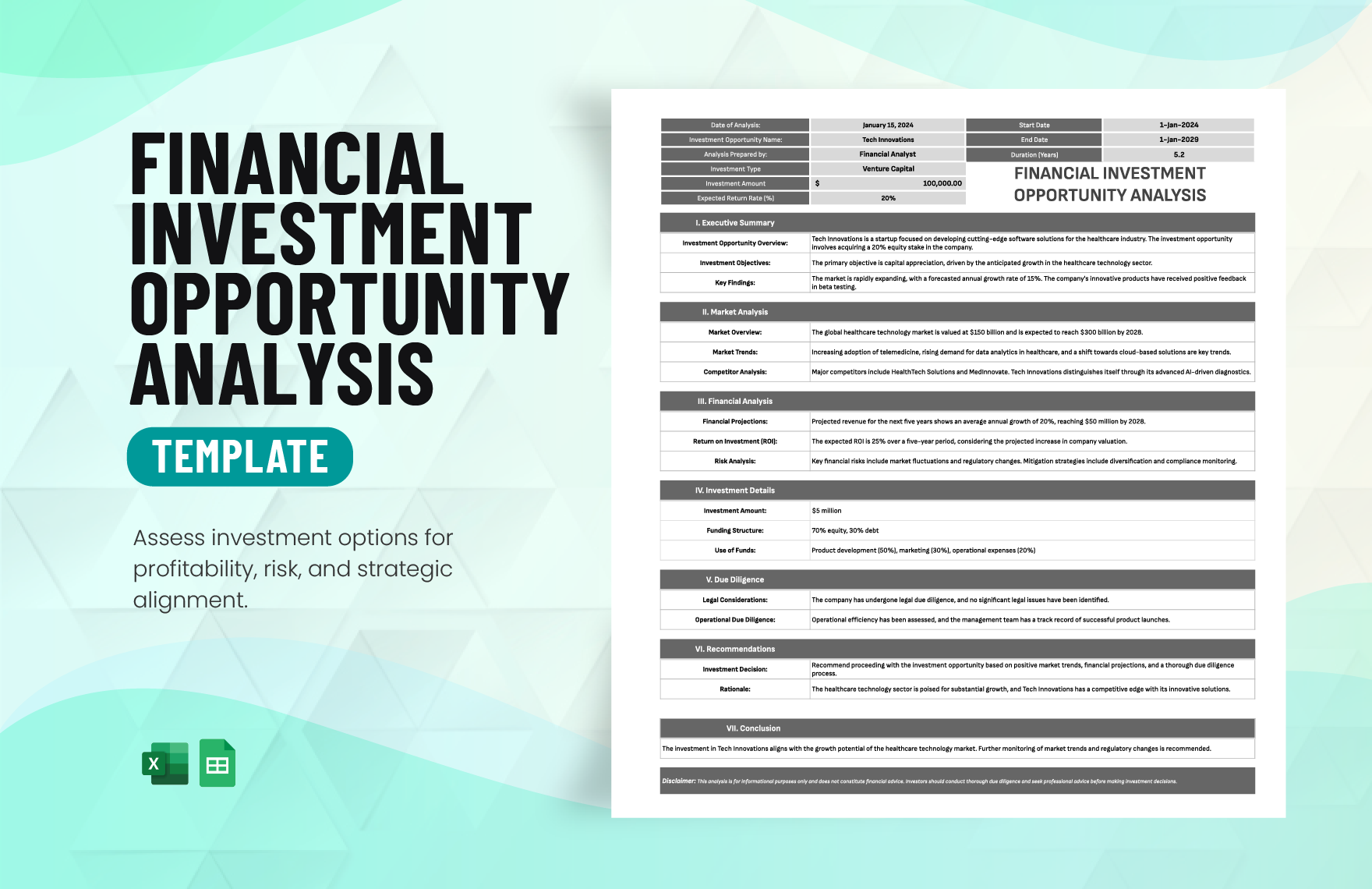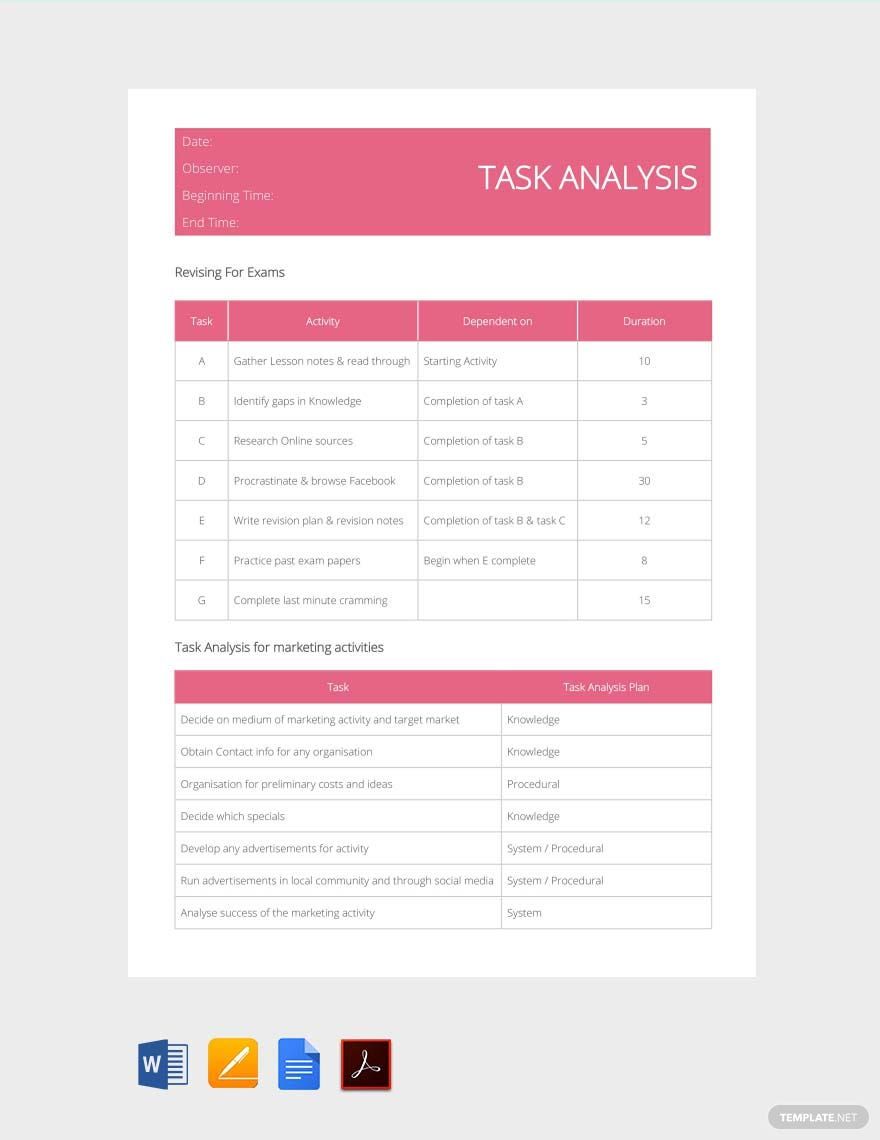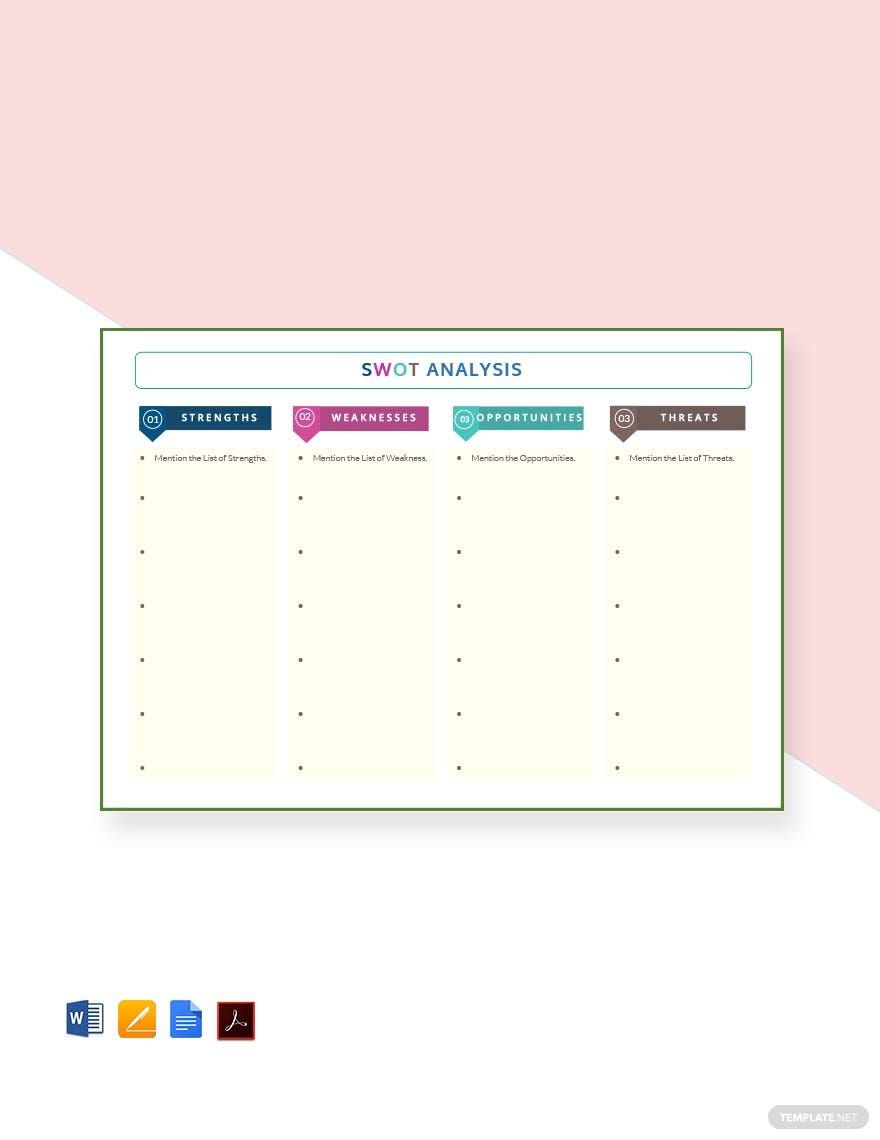Opportunity analysis centers in organizing demand and competitive analysis. This also focuses on the state of the market to reach a direct vision and plan approaches appropriately. This analysis enhances the development of an organization or business and has to be done regularly. This is an instrument for opportunities. Here are guidelines that can potentially help you with analyzing market opportunities. This analysis will help you with business growth, better margins, brand building, and your economies of sale according to a marketing website. May it be that you have a big or small business, it is important to evaluate opportunities that are present in your market. For your business process, there are risks, but there are also opportunities. Here are guidelines that can possibly help you with your opportunity analysis:
1. Observe the Market
Keenly look for the important things that are happening now in the market. Check for any market growth, market stability, and market decrease. Include the social changes that struck the market to change. Inspect the frailties or restrictions that can delay your business growth.
2. Discover Point of View
You need to study about the industry your business is a part of. You need to check your business competitor's analysis and identify the marketing methods they press into service. Reflect on your brand and look if there are trends and changes in your industry. You need to stay sailing with the market, no matter what; that is your goal.
3. Your Rivals
Rivalry in the market is a permanent thing. In order to stay on top, you need to make an evaluation of your competitors. Sun Tzu said, "Knowing your enemy is the key to the victory." That is true, you need to know your rivals in the business. To start for your data analysis about them, you can check about their products, how much their prices are, and their medium of product deliveries. You can also conduct a SWOT analysis (strengths, weaknesses, opportunities, and threats). You can use your collected information to your advantage.
4. Target Market
Your customers are the foundation of your business, so you need to know them, not just your rivals. Resist being too general with your market. You need to have a target market in order to save you with having to spend more funds. You can easily conduct a target market research. You can start with a market segmentation, which means you divide your potential customers according to their characteristics, demographics, and psychographics. Having a target market will help you to focus on specific customers who are most likely to buy your products and services in order to reach customer satisfaction. You can also try the customer relationship approach in order to improve your marketing strategy.
5. Envision Your Business
It is important to look forward to how your business will do for the years to come. Have a strategic plan. You can start to analyze the possible failures your business may encounter, and you can start to offer a strategy to rise against that. You can try to do a SWOT analysis in your business. If you have a business plan, and you have made all possible analyses, then you can ask yourself if you are going to continue with your market opportunity or not.









